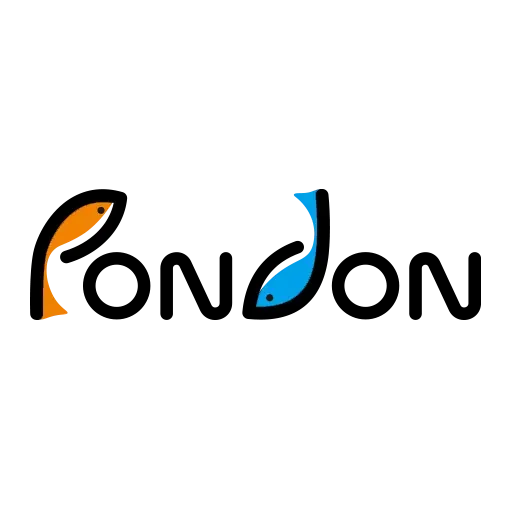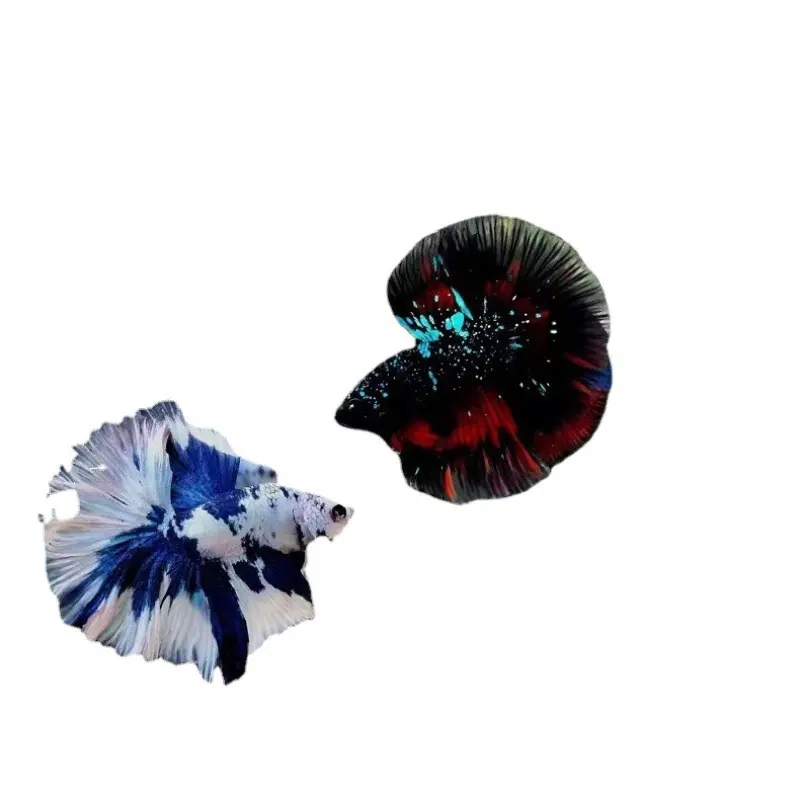Never ever overfeeding your fish! – Pondon Aquarium
Overfeeding is one of the most common mistakes made by new and experienced fishkeepers alike. While it may seem like a kind gesture to provide your fish with plenty of food, overfeeding can have serious consequences for their health and the overall well-being of your aquarium.
Why Overfeeding is Harmful:
- Water Pollution: Excess food can decompose in the water, releasing harmful toxins like ammonia and nitrite that can be deadly to fish.
- Algae Blooms: Overfeeding can lead to nutrient-rich water, which can encourage algae growth, making your tank unsightly and affecting water quality.
- Obesity: Fish can become overweight if they consume too much food. This can lead to health problems, including decreased mobility and a shortened lifespan.
- Stress: Overfeeding can stress your fish, as they may become overwhelmed by the abundance of food.
How to Avoid Overfeeding:
- Observe Feeding Habits: Watch your fish as they eat and stop feeding when they stop eating.
- Portion Control: Feed your fish small amounts of food twice a day. A good rule of thumb is to feed them only as much food as they can consume within a few minutes.
- Fasting: Consider fasting your fish once a week to help regulate their appetite and improve water quality.
- Variety: Offer a variety of foods to ensure your fish are getting the nutrients they need.
Signs of Overfeeding:
- Cloudy Water: This can be a sign of excess food decomposing in the water.
- Algae Growth: Excessive algae can indicate that your tank is receiving too much nutrients from uneaten food.
- Obese Fish: Overweight fish may have a bloated appearance and may have difficulty swimming.
By avoiding overfeeding and following these guidelines, you can help to create a healthier and more sustainable environment for your fish. Remember, a little goes a long way when it comes to feeding your aquatic pets.



